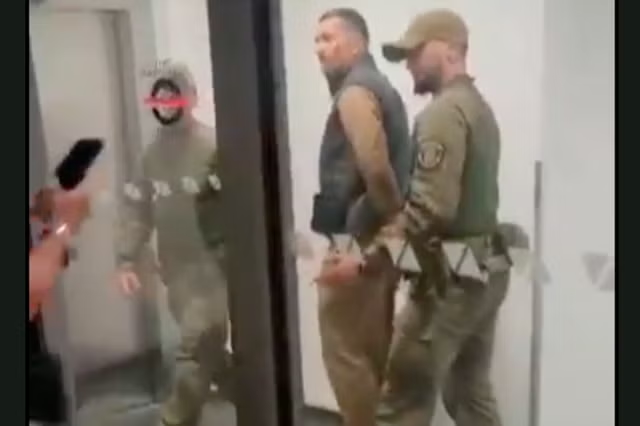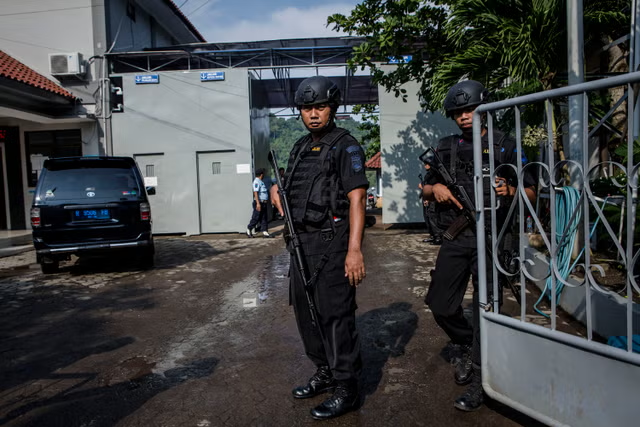Your support helps us to tell the story
Support NowAs your White House correspondent, I ask the tough questions and seek the answers that matter.
Your support enables me to be in the room, pressing for transparency and accountability. Without your contributions, we wouldn't have the resources to challenge those in power.
Your donation makes it possible for us to keep doing this important work, keeping you informed every step of the way to the November election

Andrew Feinberg
White House Correspondent
At least nine people have been killed and 3,000 were injured after handheld pager devices used by Hezbollah simultaneously exploded across Lebanon and Syria.
The attack - described by Hezbollah as its “largest security breach” in nearly a year of near-daily cross-border fire with Israel - has heightened tensions in the Middle East as Hezbollah vowed revenge.
The group claimed the operation, carried out at 3.30pm local time, was perpetrated by Israel, an allegation that Israel refused to address, in keeping with its policy on assaults happening outside of its own territory.
Follow the latest updates here
However, a Lebanese security official told Reuters that Israel’s spy agency, Mossad, planted up to three grammes of explosives into around 5,000 of the beepers months before they went off on Tuesday.
The blasts were mainly in areas where the group has a strong presence, particularly a southern Beirut suburb and in the Beqaa region of eastern Lebanon, as well as in Damascus, officials said.
The explosions continued for around an hour, with people starting to pour into hospitals. Lebanese Public Health Minister Firass Abiad said damage to the hands and face made up the majority of injuries.
Hezbollah, which is backed by Iran and allied to Hamas, controls southern Lebanon, where they have been exchanging rocket fire with Israel across the border for nearly a year, connected to the war in Gaza.

That was triggered when Hamas launched a bloody act of terror in Israel on 7 October, killing around 1,200 people and taking 251 hostages into Gaza, which is run by Hamas.
A day later, after Israel began its aerial and later ground attack in the Gaza Strip, which has killed more than 41,000 Palestinians according to the local health ministry, Hezbollah began firing into northern Israel. They have vowed not to stop firing rockets until Israel ends its war in Gaza.
The explosions of hundreds, if not thousands of electronic pagers used by Hezbollah to communicate to one another could spell the latest iteration of this ongoing conflict. It also threatens to escalate the conflict yet again.
Disclaimer: The copyright of this article belongs to the original author. Reposting this article is solely for the purpose of information dissemination and does not constitute any investment advice. If there is any infringement, please contact us immediately. We will make corrections or deletions as necessary. Thank you.



